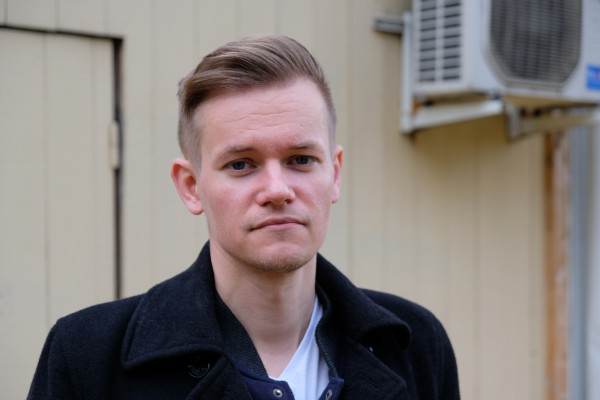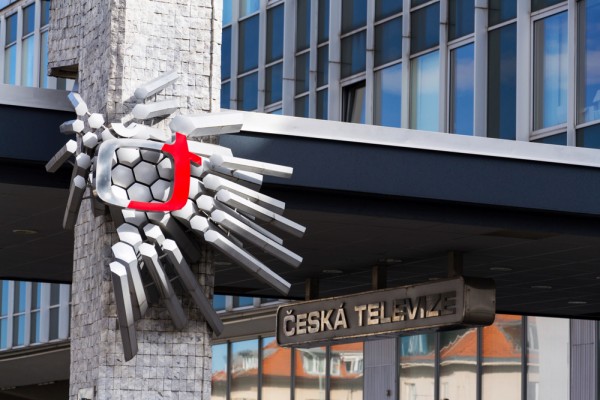The murder of Slovak investigative journalism Ján Kuciak and his fiancée, Martina Kušnírová, in February 2018 sparked the biggest upheaval in Slovak society since the Velvet Revolution that brought down communism 30 years ago.
Protests forced out a prime minister who had called journalists anti-Slovak prostitutes and slimy snakes, along with his justice minister and chief of police. A environmental activist won an upset victory to become Slovakia’s president and the first female head of state in the region. A powerful oligarch whose connections inside the country’s political, business and security elite once made him untouchable is now jailed on charges of ordering Kuciak’s killing.
But behind this political story is another, much more human story. It is the story of two young lives extinguished in barely the blink of an eye, and the anguish of the families they left behind.
The trial of the four suspects in the killing opened this month with the confessed gunmen telling the court how he waited outside the couple’s newly bought home until Kušnírová had gone to the bathroom, leaving Kuciak, the sole planned target, alone. He then knocked on the door, shooting Kuciak twice in the chest when he opened it. But when Kušnírová stepped out and saw his face, he couldn’t let her go, he said. He chased her into the kitchen and shot her dead with one bullet to the head.
Inside the courtroom, in a suburb of the Slovak capital Bratislava, the grief of Jan and Martina’s loved ones is visceral. “If the court allows me, let me ask the defendants: who gave you the right to take their lives?”, Zlatica Kušnírová, Martina’s mother, said in opening her testimony. Her sense of loss is wrenching and deep, taking on an almost physical presence that it is impossible for those in the courtroom not to feel. “She was everything precious to me, my gem. Even today sometimes I understand she’s dead but still I somehow feel that she will call, or I have the inkling to call her until I realize she is no longer here.“
“If the court allows me, let me ask the defendants: who gave you the right to take their lives?”
Trial of suspects in murder of Slovak journalist Ján Kuciak and fiancée has shown depth of loss, writes IPI’s deputy director.https://t.co/YFvYEk8nU3
— IPI (@globalfreemedia) January 25, 2020
Kuciak’s mother, Jana, remembered telling her son she’d wished he cover sports, instead of dangerous beats like politics. But he responded that he wanted to make Slovakia better. And then there was the phone message Ján had received from the oligarch, Marian Kočner, just months before the murder, threatening to dig up dirt on his family and warning: “I guarantee you will stop writing”. Kuciak assured his family that he wasn’t afraid, that nothing like that could in happen in Slovakia.
But something like it did happen. And it happened, prosecutors contend, because Kočner felt threatened by Kuciak’s stubborn coverage of his political and financial dealings. He first had Kuciak, along with a handful of other journalists, unlawfully surveilled. But when no material turned up that could be used to blackmail the young reporter, Kočner allegedly asked a trusted associate, Alena Zsuzsová, to arrange his killing. According to the indictment, she did just that, passing along photos of Kuciak to a pizza restaurant owner, Zoltán Andruskó, who had fallen into her orbit years before. He, in turn, as he has already admitted to prosecutors, hired a pair of cousins, Tomáš Szabó and Miroslav Marček, to carry out the deed.
Andruskó plead guilty last year and was sentenced to 15 years in prison in December for his role in the murder. On the second day of the trial, he took the stand as a key prosecution witness, implicating Kočner and Zsuzsová. “I am terribly sorry for what has happened”, he told the families. “I don’t know how to remedy it. That is probably impossible.”
After six days of hearings, despite the confessions of Andruskó and Marček, the outcome of the trial is still uncertain. The prosecution’s evidence against Kočner is strong, but impunity is a notoriously stubborn foe: Globally, most killings of journalists remain unpunished. There is a long way yet to go.
Guilty verdicts based on the evidence will send a message that attacks on the press will not be tolerated in Slovakia. But not even they will bring Ján and Martina back to their families, friends and colleagues. And while Ján’s colleagues are carrying out the work he no longer can, a journalist’s voice is silenced for good.



